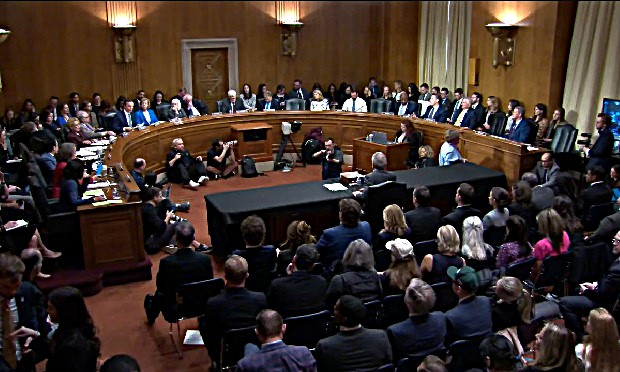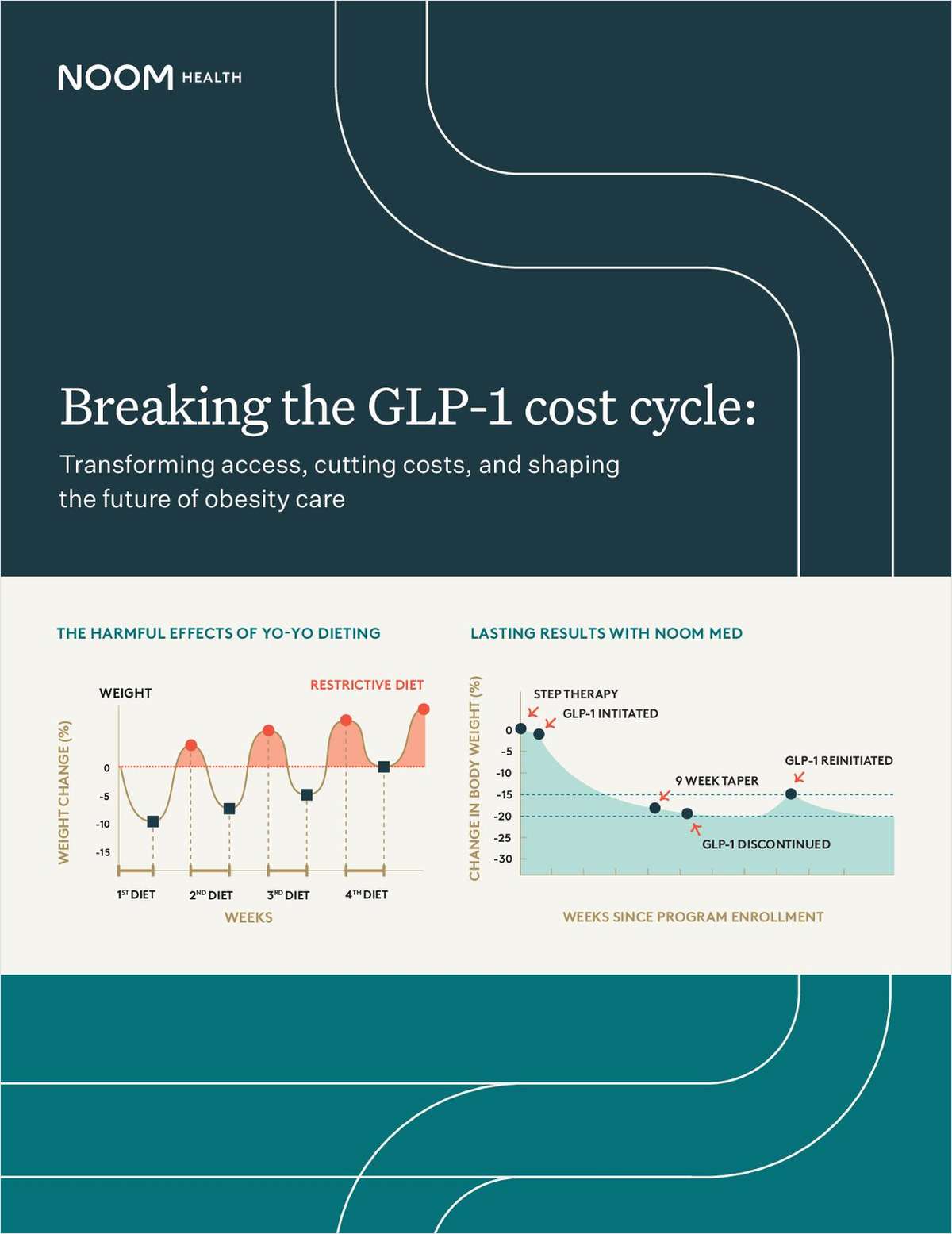For years, insurance agents have advised their Medicare-eligible clients who are still working and covered under their employer’s group health plan to decline Medicare Part B. There is a monthly premium for Part B coverage, and since the group plan is primary for companies with 20 or more employees, enrolling in Part B is unlikely to provide much additional protection.
These employees, their brokers explain, can simply enroll in Part B when they retire with no penalty and no waiting period since they are coming off of a group insurance plan. Part A, though, is a different story. By the time they reach age 65, most people have paid into the Medicare system for long enough to receive Part A at no charge — why not take it if it’s free?
The reason, of course, is that enrollment in either Part A or Part B of Medicare makes an individual who’s covered by an HSA-qualified high deductible health plan ineligible to contribute to a health savings account. As a result, some brokers are now recommending that, in addition to Part B, their clients also postpone enrollment in Medicare Part A.
Unfortunately, due to a recent court decision, this may be very bad advice. On March 21, 2011, Federal District Court Judge Rosemary Collyer dismissed a two-and-a-half year lawsuit that sought to allow people receiving Social Security benefits to opt out of Medicare Part A.
Under the current rule, any retiree who opts out of Part A also forfeits all past and future Social Security retirement benefits. This means that seniors would stop receiving a Social Security check and would be required to repay any benefits received prior to disenrolling from Part A. The lawsuit, known as Hall v. Sebelius, was originally filed Oct. 9, 2008 and alleges that three provisions in the Social Security Administration’s Program Operations Manual System, an SSA handbook designed for internal use by SSA employees in processing claims, are illegal.
These rules tie a person’s Social Security benefits to their enrollment in Part A, but the plaintiffs argue that the two government programs are voluntary and that the application for each of these programs is not dependent on the application for the other. In dismissing the case, Judge Collyer said that “requiring a mechanism for plaintiffs and others in their situation to ‘disenroll’ would be contrary to congressional intent, which was to provide ‘mandatory’ benefits under Medicare Part A for those receiving Social Security retirement benefits.”
She concluded that the “plaintiffs are trapped in a government program intended for their benefit. They disagree and wish to escape. The court can find no loophole or requirement that the secretary provide such a pathway.” The judge appears to be correct about congressional intent, as the Senate had an opportunity to modify this requirement during the last session but chose not to do so.
Senate Bill 3094, “a bill to allow individuals to elect to opt out of the Medicare part A benefits,” was introduced by U.S. Sen. Jim Bunning, R-Ky., on March 9, 2010, just two weeks before the health reform legislation was signed into law. The bill was read twice and referred to the Committee on Finance but never went any further. “This is something that Congress really needs to fix,” says Susan Murray, owner of JME Insurance in Dallas.
“We’ve been watching the bill and the lawsuit closely, hoping one of the two would provide our clients with the option to delay Medicare Part A the same way they can Part B.” In the meantime, Murray has advised her Medicare-eligible clients not to postpone Part A enrollment. “The HSA tax deduction is nice, but it’s not worth jeopardizing your Social Security benefits,” she says.
The text of Senate Bill 3094 was short and to the point: “Notwithstanding any other provision of law, in the case of an individual who elects to opt out of benefits under part A of title XVIII of the Social Security Act, such individual shall not be required to opt out of benefits under title II of such act as a condition for making such election; and repay any amount paid under such Part A for items and services furnished prior to making such election.”
Jim Bunning is now retired, replaced by U.S. Sen. Rand Paul. There’s no word on whether Paul or another senator will reintroduce the bill. As for the lawsuit, the plaintiffs in Hall v. Sebelius have promised to appeal the decision, but it’s sure to be a lengthy process. One other possible solution lies in a bill that U.S. Sen. Orrin Hatch, R-Utah, plans to introduce that will, in the words of Roy Ramthun, President of HSA Consulting Services and former senior health policy advisor to President George W. Bush, “help take HSAs to another level.”
The bill, among other things, would allow an individual enrolled in Medicare Part A but not Part B to contribute to a health savings account. In a recent article, “Hatching a Bill to Take HSAs to a New Level,” Ramthun explains, “Once a person turns 65, they usually no longer contribute to their HSA because of automatic enrollment in Medicare Part A. However, the current deductible for hospital coverage under Medicare Part A is very high, almost $1,200 per admission, nearly equal to the minimum deductible required for HSA-qualified plans.
The hatch bill would allow Medicare beneficiaries enrolled only in Part A to continue to contribute to their HSA accounts.” If passed, this will be a welcomed change for the growing number of Medicare beneficiaries who continue working past 65. As HSAs grow in popularity, more and more seniors find that they can participate in their employer’s High Deductible Health Plan but cannot make contributions to a health savings account nor accept HSA contributions from the employer. As for delaying Medicare Part B, proceed with caution here as well. For groups with fewer than 20 employees, Medicare is primary.
If a worker at a smaller firm postpones Medicare Part B, he may find that his group plan doesn’t cover everything he expected it to. According to Medicare’s Coordination of Benefits Office, if an employee is eligible for Part B, the group health plan can pay as if the employee had Medicare even though he’s not signed up. This means that the group plan may only be responsible for 20 percent of the cost of Part B covered services whether Medicare is paying its share or not — something many employees don’t figure out until they have a big claim.
Eric Johnson is the vice president of sales development for First Horizon Msaver, one of the nation’s leading HSA administrators. He can be reached at 817-366-7536 or [email protected]. You can also find Eric on LinkedIn at www.linkedin.com/in/ericjohnson262.
Complete your profile to continue reading and get FREE access to BenefitsPRO, part of your ALM digital membership.
Your access to unlimited BenefitsPRO content isn’t changing.
Once you are an ALM digital member, you’ll receive:
- Breaking benefits news and analysis, on-site and via our newsletters and custom alerts
- Educational webcasts, white papers, and ebooks from industry thought leaders
- Critical converage of the property casualty insurance and financial advisory markets on our other ALM sites, PropertyCasualty360 and ThinkAdvisor
Already have an account? Sign In Now
© 2025 ALM Global, LLC, All Rights Reserved. Request academic re-use from www.copyright.com. All other uses, submit a request to [email protected]. For more information visit Asset & Logo Licensing.








